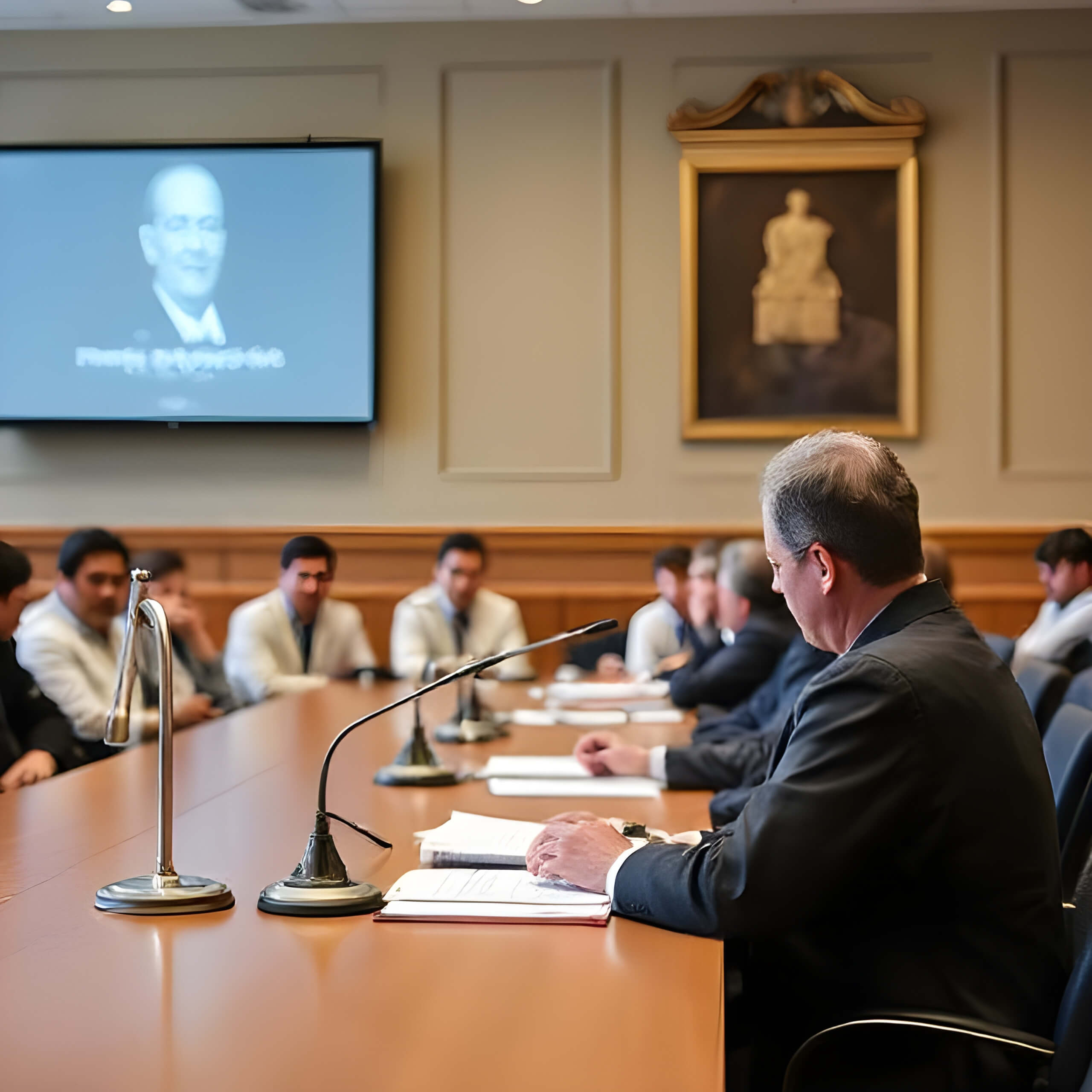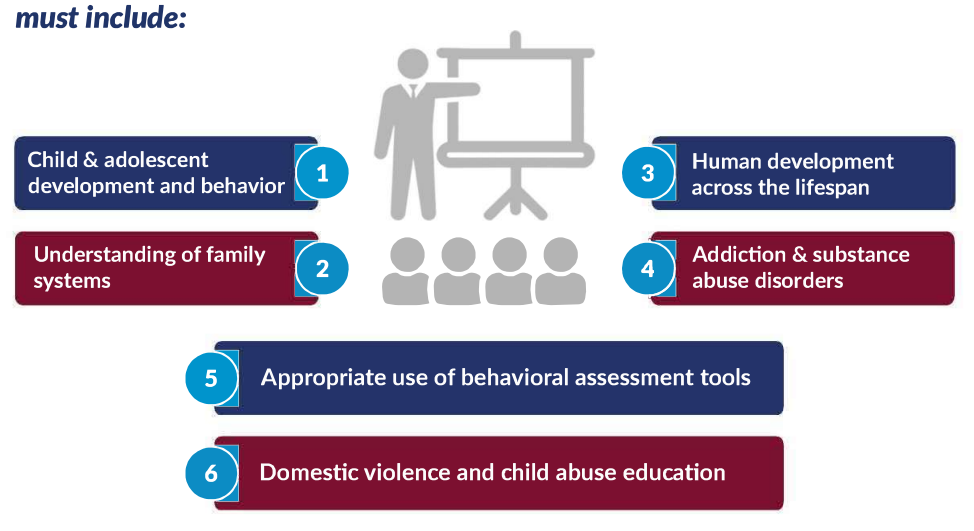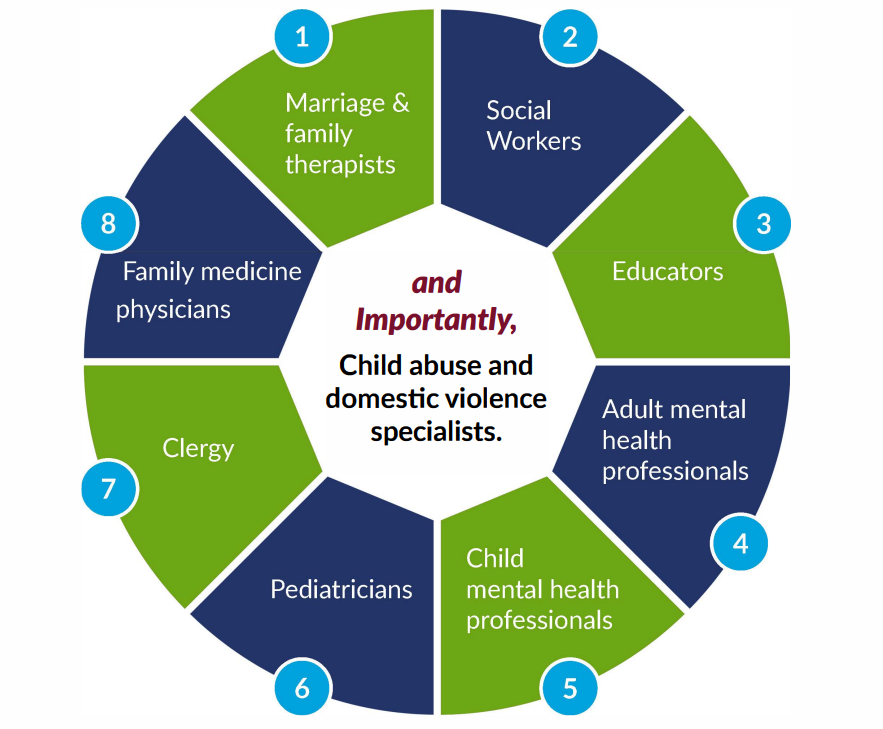Our Legislative
Focus Areas
Holistic and Team-Based Approach
Holistic and Collaborative Approach to Custody Determinations in Cases of Child Maltreatment and Family Abuse. We propose a holistic and collaborative approach to custody determinations in cases involving child maltreatment and family abuse, emphasizing the safety and well-being of the child. Instead of relying solely on a single decision-maker, we recommend a panel of impartial, child-focused professionals, including child protection experts, mental health professionals, social workers, and legal advocates. This team will work together to ensure that all aspects of the child’s needs—emotional, psychological, and physical—are thoroughly considered.

Proposed Graduated Tier-Based Approach
To enhance child protection, states should adopt a graduated tier-based evaluative system for handling reports of child abuse in custody cases.
Protecting Children, Supporting Families
At CRPC Watch, we focus on ensuring children’s well-being during and after family litigation, particularly when safety is a concern. State courts and child protection teams play a vital role, but incorrect decisions can lead to lasting trauma.
By advocating for the CDC’s Essentials for Childhood framework and empowering judicial systems with the right tools, we aim to create safe, nurturing, and stable environments for children and their families.
Ending Funding Streams
that Influence Bias
Remove all funding streams that may influence judicial and organizational misconduct.
Presently DHHS issues grants to states in support
of Healthy Marriage and responsible Fatherhood
Initiatives totaling $150 million dollars….

Holistic and Team-based approach
Holistic and Collaborative Approach to Custody Determinations in Cases of Child Maltreatment and Family Abuse
We propose a holistic and collaborative approach to custody determinations in cases involving child maltreatment and family abuse, emphasizing the safety and well-being of the child. Instead of relying solely on a single decision-maker, we recommend a panel of impartial, child-focused professionals, including child protection experts, mental health professionals, social workers, and legal advocates. This team will work together to ensure that all aspects of the child’s needs—emotional, psychological, and physical—are thoroughly considered.
By drawing from diverse perspectives, the panel can offer more balanced and informed decisions, ultimately prioritizing the best interests of the child. This approach fosters a more supportive, trauma-informed system for families, reducing the negative impacts of litigation while safeguarding children’s futures. Additionally, it promotes fairness and transparency in the legal process, ensuring that all voices are heard and that children receive the care and protection they need during challenging times.
Proposed Mandatory Training Requirements for State Judges Who Determine Child & Family Abuse Matters
Proposed Judicial Training for Child and Family Abuse Cases
State judges and Child Protective Services (CPS) decisions significantly impact the well-being of children and families, influencing social determinants of health and community outcomes nationwide. These rulings affect not just the individuals involved but also the broader population’s health and quality of life.
The Center for the Rights & Protection of Children recognizes the need for enhanced judicial training in child and family abuse cases. By equipping judges with the necessary tools and knowledge, this initiative aims to improve child safety, strengthen families, and support healthier communities.
This effort emphasizes the critical role of informed judicial decisions in protecting children and promoting family stability across the nation.


Proposed graduated tier-based approach
To enhance child protection, states should adopt a graduated tier-based evaluative system for handling reports of child abuse in custody cases.
This approach includes:
Initial Triage by CPS
a. All child sexual abuse allegations in custody must be evaluated.
b. Cases with multiple reports of abuse must progress through each evaluation tier.- 01: CPS triages initial reports
- 02: Cases are referred for higher-level evaluations
- 03: Referrals ensure future safety
Ongoing and Repeated Reports
These reports should advance through higher evaluation levels conducted by specialized teams, rather than being dismissed.
In 2016, CPS received 4.1 million abuse reports involving 7.1 million children, with many disclosures delayed.
Recommendation:
States must implement this tier-based system to effectively address repeated reports of abuse separately from Child Protective Services.
Our Further legislative focus areas

Protective parent act
Center for the Rights & Protection of Children Safe Children, Thriving Families & Judicial Accountability Initiatives...

Constitutional amendments
Proposed Bills & Constitutional Amendments for Term 2020 ....

Remove all funding streams that may influence judicial and organizational misconduct
Presently DHHS issues grants to states in support of Healthy Marriage and responsible Fatherhood Initiatives totaling $150 million dollars....

Proposed universal code for evidence admission in domestic relations cases
To more seamlessly protect the safety and well-being of children, the following resources shall be available & entered into evidence in all proceedings where child custody, support and visitation are factors:...

Proposed graduated tier-based approach
To better protect children, states must adopt a graduated tier-based evaluative approach for managing reports of child abuse in custody cases...

Proposed holistic and team-based approach to custody determinations involving child maltreatment and family abuse.
We propose that child & family abuse matters might be better managed by a panel of unbiased child-focused professionals, to include:...
Additional Legislative Focus Areas

Judicial Reform
A Judicial Reform Act 2024 shall be implemented mandating judicial training for trial court judiciary who determine domestic relations matters.

Judicial Training
Proposed Mandatory Training Requirements for State Judges Who Determine Child & Family Abuse Matters. State judges and Child Protective Services (CPS) decisions significantly impact the well-being of children and families, influencing social determinants of health and community outcomes nationwide.

Evidentiary standards
Proposed universal code for evidence admission in domestic relations cases. To more seamlessly protect the safety and well-being of children, the following resources shall be available & entered into evidence in all proceedings where child custody, support and visitation are factors.

Accuracy of Child Support Determinations
The court may modify child support arrears to resolve errors in calculation, computation, and to resolve discrepancies where accruals of child support arrears result from failures of due process.

Judicial Code of Conduct Review
To ensure public trust and confidence in the legal system, all responses of the JIRC to judicial complaints must include an explanation of any actions or pending actions taken in reference to the issues of the complaint.

Protective Parent Act
Center for the Rights & Protection of Children Safe Children, Thriving Families & Judicial Accountability Initiatives...
Judicial Code of Conduct Review
To ensure public trust and confidence in the legal system, all responses of the JIRC to judicial complaints must include an explanation of any actions or pending actions taken in reference to the issues of the complaint.
If not action is taken on a complaint to the JIRC, the JIRC shall provide an explanation of the rationale for which no action was taken within 10 business days.




